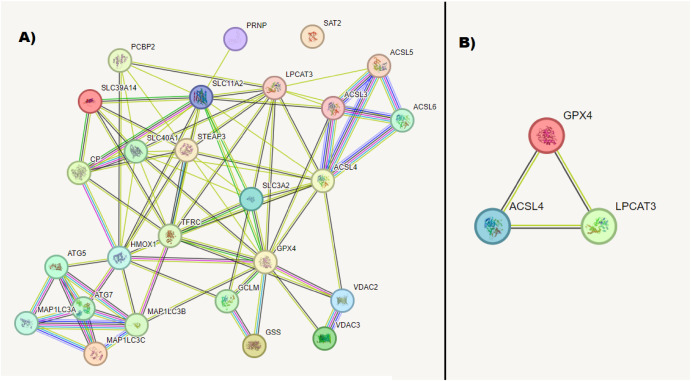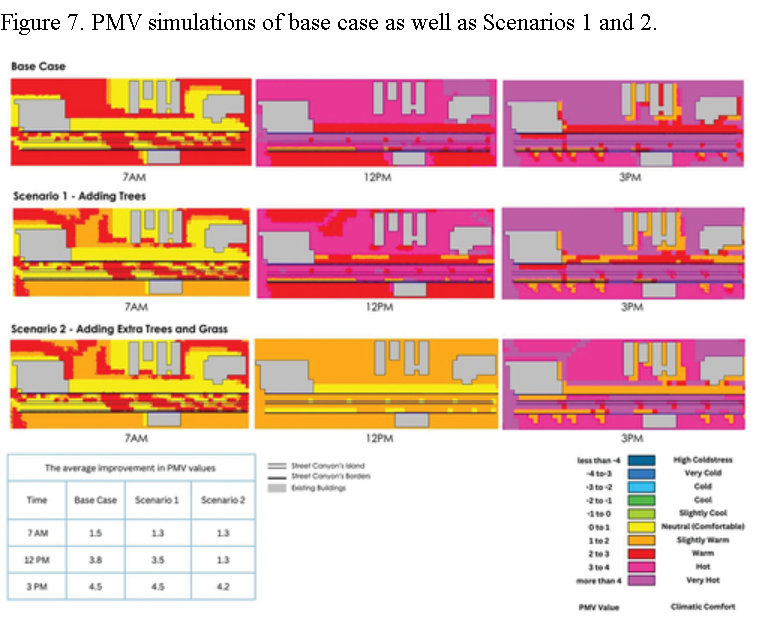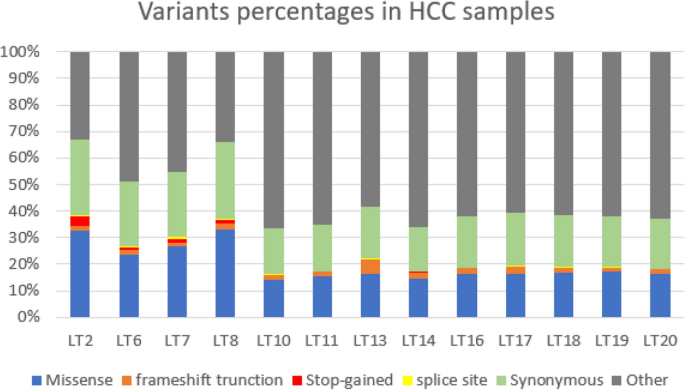
Power control for constrained throughput maximization in spectrum shared networks
We investigate power allocation for users in a shared spectrum network. In such a network, the primary (licensed) users communicate under a minimum guaranteed quality of service (QoS) requirements, whereas the secondary users opportunistically access the primary band. Our objective is to find a power control scheme that determines the transmit power for both primary and secondary users so that the overall network throughput is maximized while maintaining the quality of service of the primary users greater than a specified minimum limit. In the assumed model, no interference cancellation is done at the receivers resulting in a non-convex optimization problem. It has been shown previously that binary power control almost always achieves the global optimum solution when no QoS constraints are imposed. This is not necessarily the case in our scenario, however. We introduce a distributed algorithm for "ternary" power allocation to be used when individual measurements are available at each node. We show via simulations the relative efficiency of the proposed algorithm compared to previously suggested ones. If a central controller exists with available information about the system parameters, we enhance the performance of the proposed algorithm through an iterative geometric programming (GP) algorithm and prove its convergence to a better solution than ternary power allocation. ©2010 IEEE.



